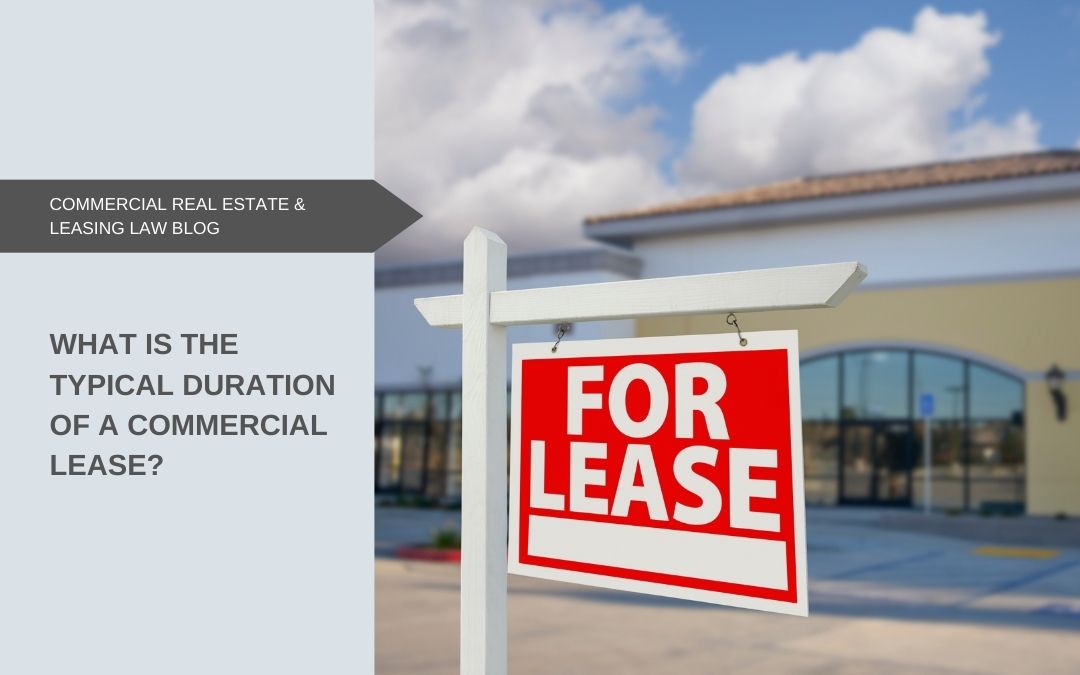The typical duration of a commercial lease can vary depending on several factors, including the type of property, industry norms, and the specific needs of the landlord and tenant. While there is no fixed standard, commercial leases often have longer terms compared to residential leases. Here are some common durations for commercial leases:
Short-Term Lease
Short-term commercial leases typically range from one to three years. These leases are often favored by tenants who require flexibility or are uncertain about their long-term business plans. Short-term leases are commonly used for pop-up shops, seasonal businesses, or startups testing a new location.
Medium-Term Lease
Medium-term commercial leases generally range from three to five years. They offer a balance between flexibility and stability for both the landlord and tenant. These leases are suitable for businesses that have established operations and seek a reasonable level of stability without committing to a long-term lease.
Long-Term Lease
Long-term commercial leases can extend from five to ten years or even longer. These leases provide stability and security for both parties, allowing businesses to establish a long-term presence and landlords to secure consistent rental income. Long-term leases are often preferred by well-established businesses, national chains, or industries with high capital investments.
It’s important to note that these durations are not fixed and can vary based on specific circumstances. Commercial leases can also include options for renewal or extension, allowing the tenant to continue occupying the premises beyond the initial lease term. The negotiation process between the landlord and tenant plays a significant role in determining the duration of the lease.
When considering the duration of a commercial lease, both landlords and tenants should carefully evaluate their business goals, financial stability, market conditions, and the potential for growth or relocation in the future. It is advisable to seek professional guidance from a real estate attorney or commercial real estate agent to navigate the lease negotiation process and determine the most suitable lease term for your specific needs.

